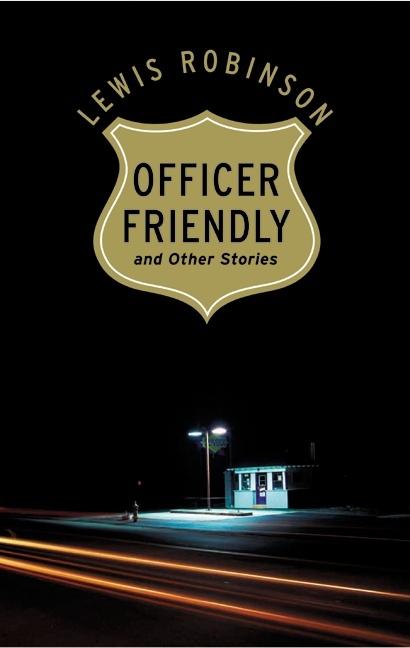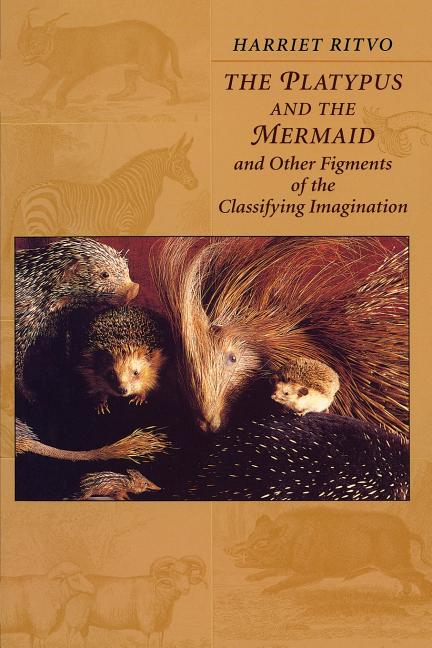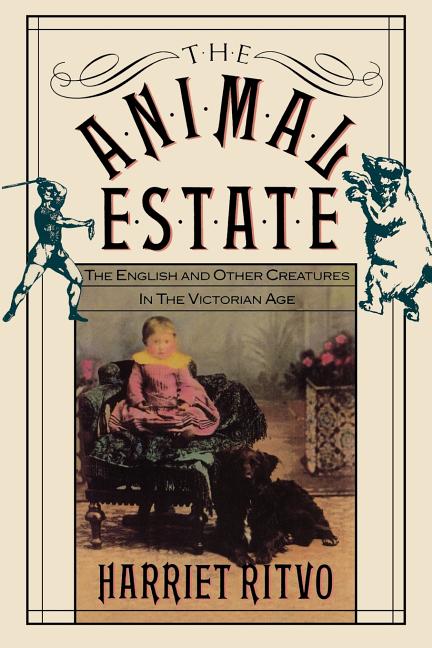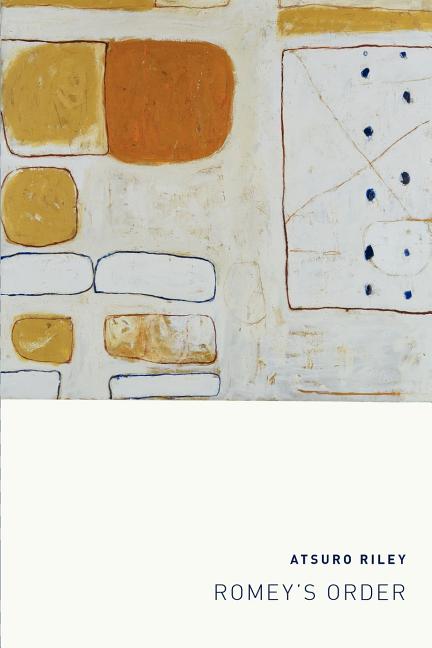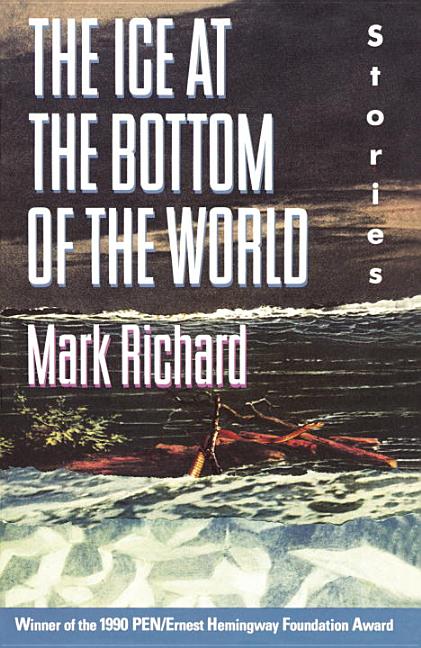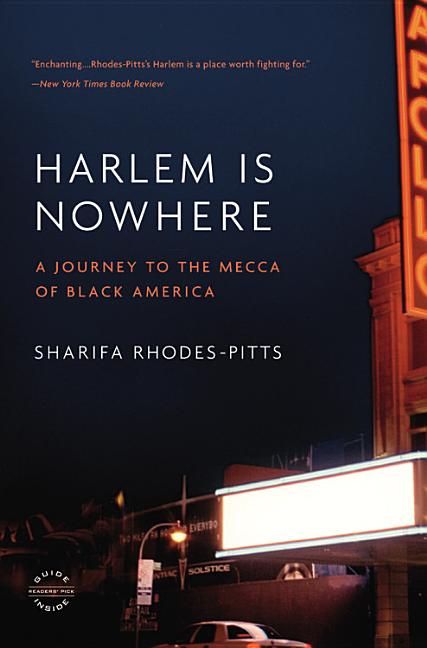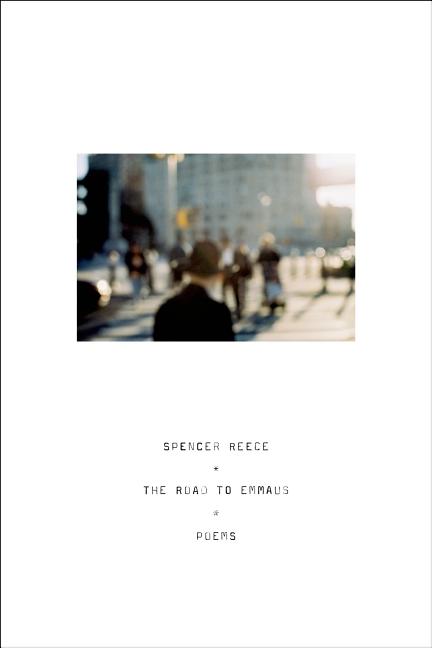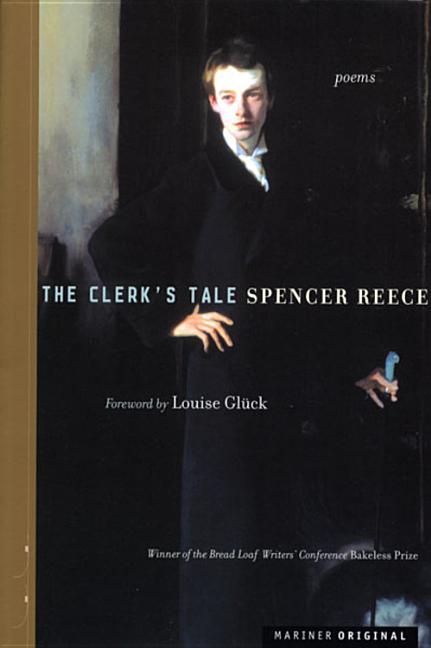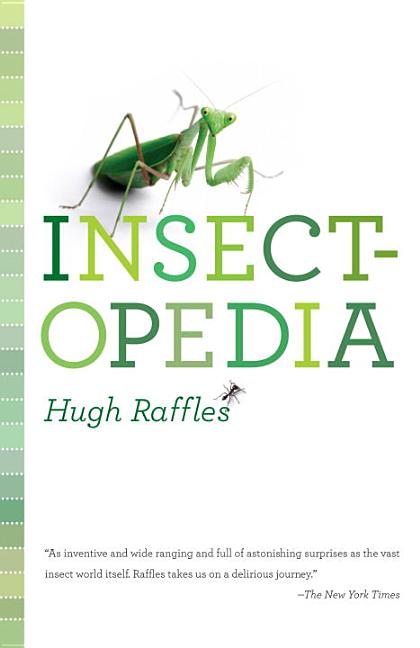The stories in this sparkling debut collection all take place in the state of Maine—which, in the hands of this madly talented young writer, quickly comes to stand for the state we're all in when we face the moments that change our lives forever. Two young hooligans have to decide whether to help the cop who has a heart attack while he's chasing them, or to cut and run. A young man at a party of coastal aristocrats has to deal with the surreal request to put a rich old coot out of his misery. Is a son going to abet his truck-driver father's art larceny or not? Should an amateur fighter take on the archetypal tough guy? Can the young father defend his family if the diver helping to free the tangled propeller of their boat turns out to be a real threat?
With humor, edginess, an eye for human idiosyncrasy, and a nice relish for menace, Lewis Robinson shows us the lives of the wealthy and poor, the delinquent and romantic, and the so-called ordinary—in transition, at turning points, and always with universal implications. These stories are at once classic and modern, complex and accessible, and, taken together, they bring the good news that a significant, compassionate new voice in American fiction has arrived.
